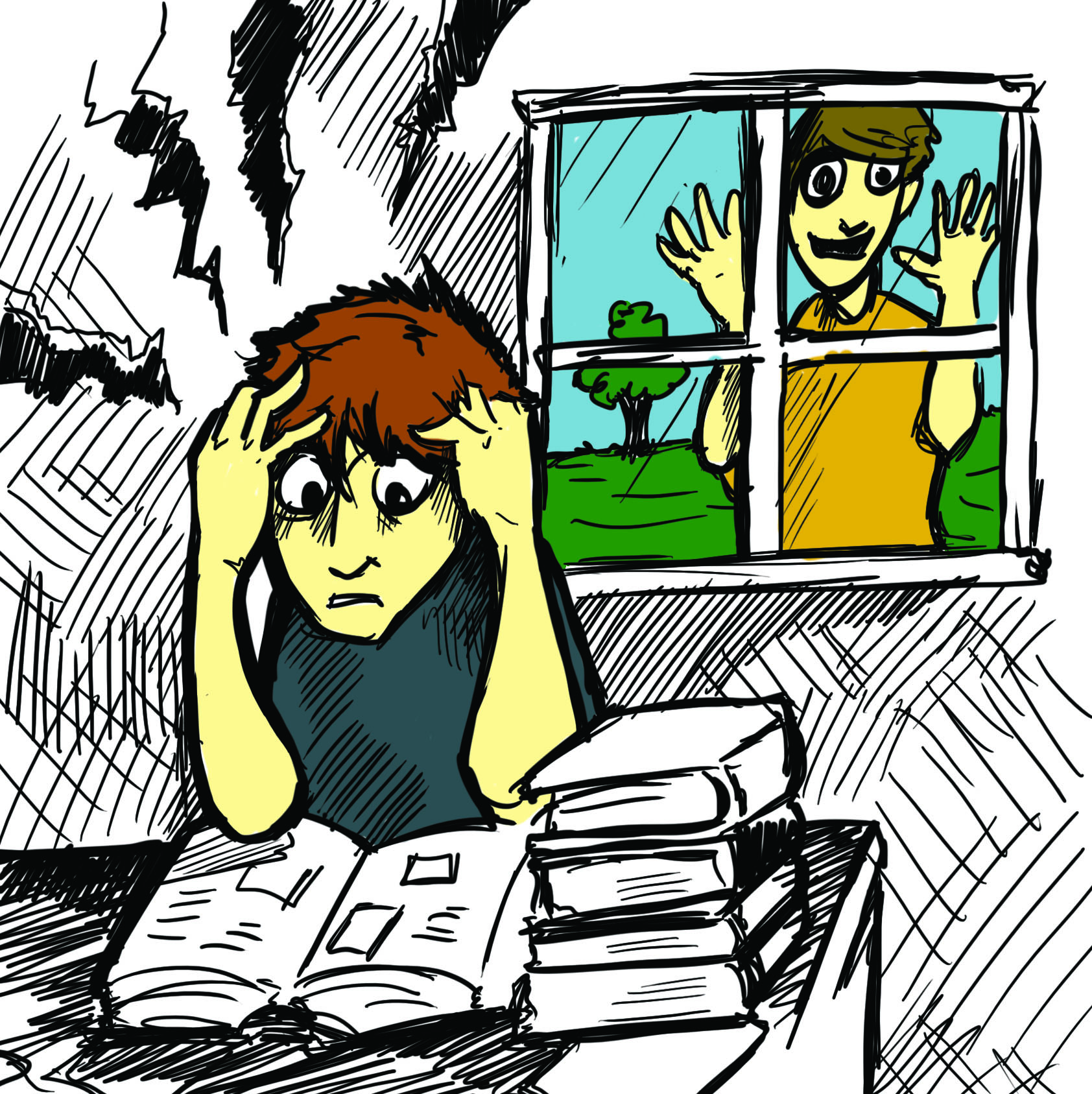Yes, I am proposing a new acronym. One that I hope will henceforth be launched into the popular glossary of the webular world. STFO stands for “stressed the fuck out” and at this time of year, most people can relate.
Stress is difficult to define because it is highly subjective. Not everyone finds the same situations and experiences stressful and not everyone deals with stress in the same way. Very loosely then, stress can be considered a physical, mental or emotional reaction to change, but is it always negative?
Good stress
The verdict is still out on this one. There is a school of thought that maintains that a small amount of stress is good for a person. Basically, what is being called good stress can be interpreted as a stimulant, keeping a person alert and focused. More formally known as eustress, there are also many who counter that all stress has a negative impact.
Bad stress
As there can be varying degrees of stress, bad stress is considered to be extreme and long term. With some experts estimating that up to 90 per cent of medical conditions are connected to stress, it is clear that this is an epidemic worth addressing. Based on the uniqueness of every person’s stressful triggers and coping mechanisms, there are no unified rules about stress, but in North American society there are some common triggers, many of which are related to varying age groups.
Common stressors
Time is a common cause of stress for people. Many feel as though they do not have enough time in the day to accomplish all that they need to get done. Money is also a big stressor — mostly for those who feel like they don’t have enough of it. From needing to pay bills to not having enough money for groceries, money certainly has a central role in many people’s lives. Relationships can also be a significant stress factor. If relationships with friends, co-workers or significant others are not going smoothly this can be stressful. In an ideal world we would all have plenty of time and money, as well as supportive relationships. But we all know that this is rarely the case.
Time, money and relationships are certainly not the only stressors out there. In this feature Martin Turczynowicz recounts his stressful time as a prospective electronics technician, Leif Larsen recalls exam anxiety and Cody Skillen confronts his stressful family.
Dealing with stress
When confronting stress, the most important thing that a person can do is identify what or who is stressing us out and why. Too often the causes of stress are ignored in favour of just coping with the side-effects. When stress is no longer some mysterious force pushing us off balance it can become much more manageable. Stephanie George’s article goes into scary detail about what stress can do to you if you don’t confront it.
Featured this issue are both conventional and unconventional ways of dealing with stress. Sheldon Birnie listens to Burton with a bowl and a beer, Laura Blakely breaks down anxiety by talking herself through it, Chuthan Ponnampalam lays out a solid plan for getting an A+, Miguel Yetmen goes loco with Four Loco, Sarah Petz asserts that only complaining about your stresses make them worse, Morgan Modjeski confronts stress like a pro and Darlene Meissner advocates grading people’s arguments as a stress reliever.
Chilled the fuck out
With all of this diverse advice, you are now ready to update your status from STFO to CTFO.




